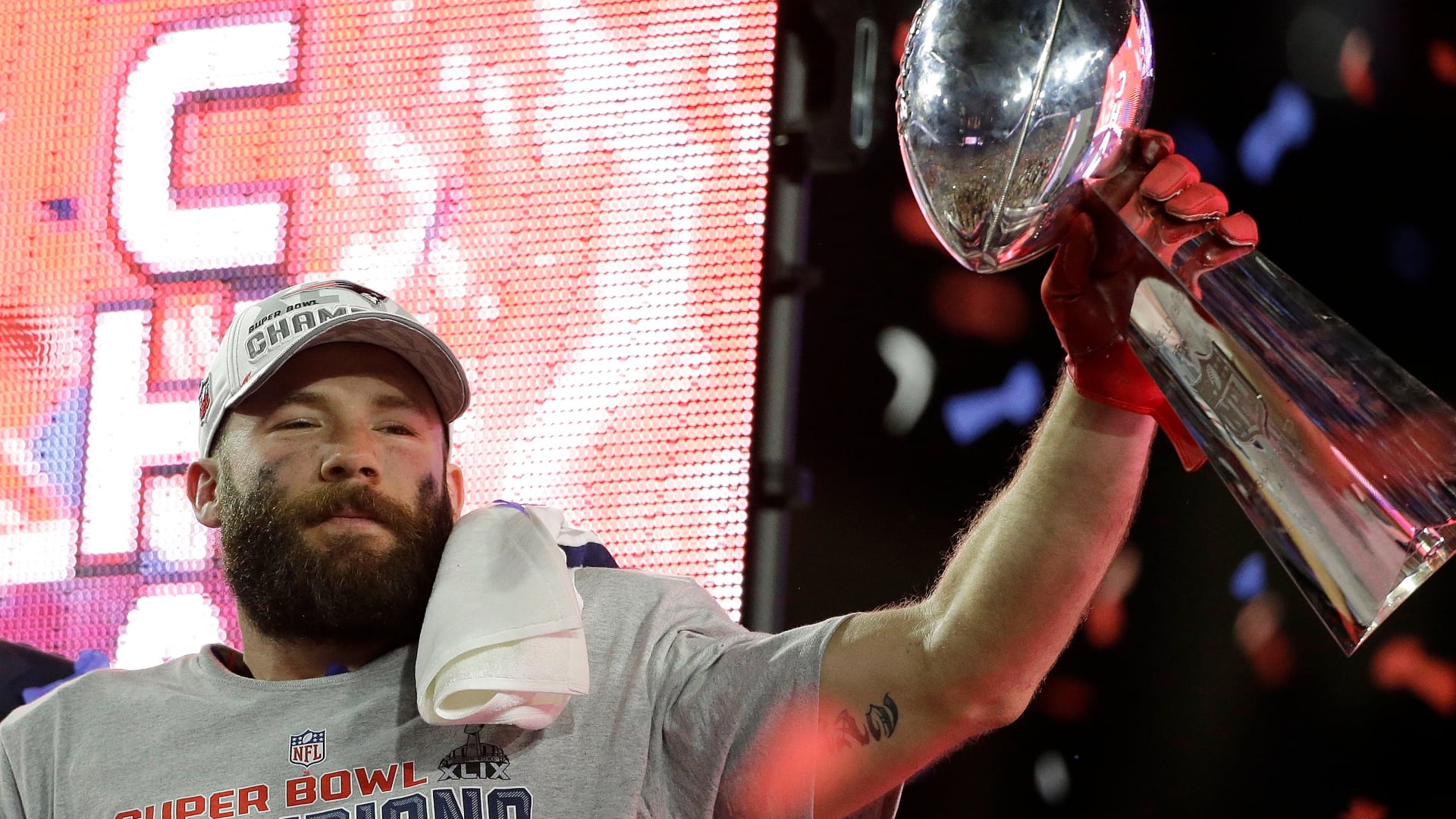*By Carlo Versano* The road from vision to successful venture is paved with so many highs and lows, with so many roadblocks in between, that Scott Belsky, an entrepreneur who is now chief product officer at Adobe ($ADBE), coined a term for it: the "Messy Middle." That's the title of Belsky's [new book](https://chdr.tv/theme944a9), which he previewed in an interview on Cheddar Tuesday (among his many duties, Belsky sits on Cheddar's board). **What is the "Messy Middle"?** Between the birth of an idea and its viability there will be ambiguity, uncertainty, highs, and lows . A successful entrepreneur finds a way to "endure those low points" and "optimize the heck" out of the high points, Belsky said. "We're not our greatest selves at the lows or the highs," which is why it's important to remember that decisions made during those peaks and valleys can often be reactionary and shouldn't necessarily be given greater meaning than they deserve. **Reward hacking** A successful venture is the realization of a long-term vision. Before it pays off dividends with customers, or revenue, there's going to be a fallow period that might discourage members of the team in the short-term. Belsky suggested finding ways to "hack the reward system of the team" for some immediate gratification while the business germinates. He gave an example: when his first business Behance was starting, Google would suggest searching for "enhance" instead. His team became obsessed with getting the company enough of an online presence that Google's search algorithm would recognize it. "Let's no longer be a mistake" became a short-term motivator and reward in and of itself, he said. **Hiring the right team** "Friction brings us closer," Belsky likes to say. Most successful start-ups owe a chunk of their success to a team's willingness to "stick together long enough to figure it out." It's why he advises entrepreneurs and managers to think about building teams in terms of "alignment" rather than through chains of command, titles or compensation. "If your team is aligned, then you can start to break some rules," he said. Often the best employees have faced adversity in their personal lives, and Belsky said he looks for people who show they've stayed loyal to their principles over time. **Forgiveness vs. permission** It was long a mantra in Silicon Valley, codified by companies like Uber, that it's better to ask forgiveness than permission ("move fast and break things," as Facebook's early motto dictated). But that line of thinking has been rethought lately, as what were once tech start-ups amass vast amounts of power and control in our lives ー and maybe [mess up a bit](https://cheddar.com/videos/why-all-of-ubers-problems-are-self-inflicted) [in the process](https://cheddar.com/videos/50-million-affected-in-latest-facebook-scandal). The meticulous way [some scooter companies](https://cheddar.com/videos/skip-ceo-unsurprised-his-company-was-chosen-for-san-fran-pilot-program) are deploying in San Francisco is an example of the new, more cautious trend. But Belsky still prefers forgiveness. So long as no one is compromising their values, innovation requires making decisions that are going to upset someone, somewhere. Otherwise, "we're not going to do anything remarkable." **The final mile** As a venture approaches viability, everything suddenly changes, according to Belsky. "It's a different sport." He advises companies to "punctuate" that road with smaller milestones, but once a serious goal is in sight ー profitability, acquisition, public offering, whatever ー it's crucial that the team remember the mentality that got them where they are. "You gotta stay in the early innings," Belsky said. For full interview [click here](https://cheddar.com/videos/fighting-through-the-messy-middle).












